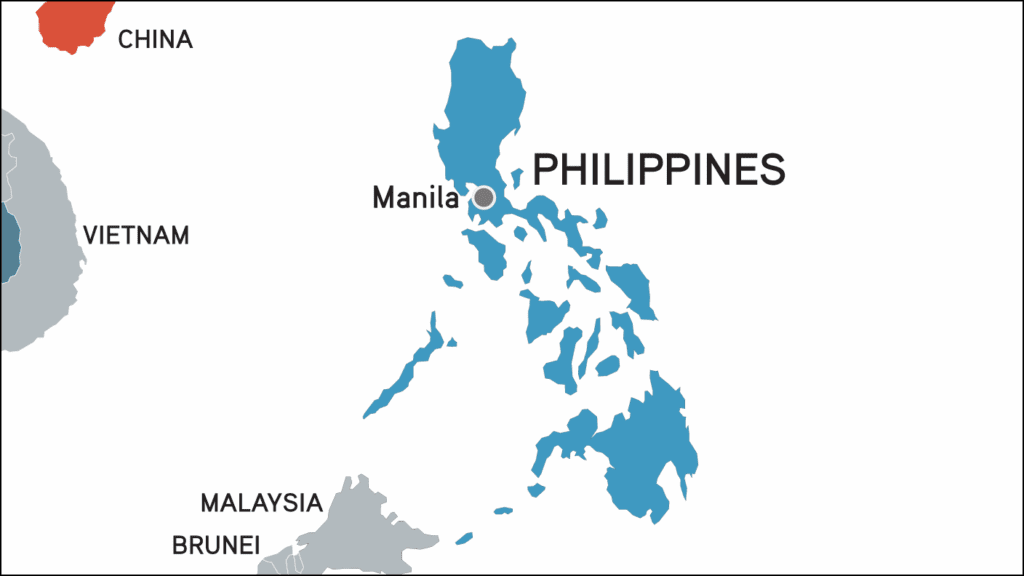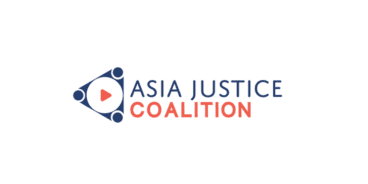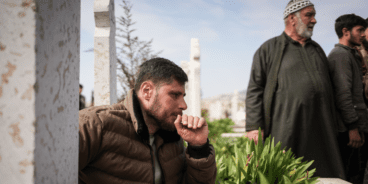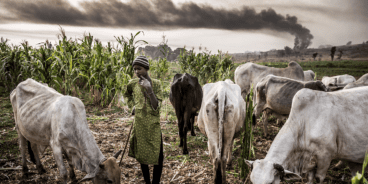The Philippines

During the Philippine government’s “war on drugs” the national police and armed vigilantes perpetrated extrajudicial killings that may amount to crimes against humanity.
BACKGROUND:
Since President Rodrigo Duterte took office during June 2016, thousands of people in the Philippines have been extrajudicially killed during his proclaimed “war on drugs.” According to the Office of the UN High Commissioner for Human Rights (OHCHR) at least 8,660 people have been killed in police operations and by unidentified gunman carrying out vigilante-style executions of alleged drug offenders, with thousands of deaths still under investigation. Human rights monitors in the country indicate the number could be more than triple the official figure. The majority of deaths took place between 2016-2018, but police and armed vigilantes continue to perpetrate extrajudicial killings of those perceived to be involved in illicit drug activity.
On 4 June 2020 OHCHR released a report on the human rights situation in the Philippines, focused primarily on the period from 2015-2020. The report found systematic and long-standing human rights abuses by the government, including killings and arbitrary detentions during the so-called “war on drugs.” The report also found evidence of at least 248 targeted killings of journalists and human rights defenders.
In a 24 February 2021 statement to the UN Human Rights Council (HRC), Philippine Justice Secretary Menardo Guevarra delivered preliminary analysis from the Philippines inter-agency panel investigating the killings. He stated that in cases where individuals died while resisting arrest, at least half lacked follow up investigations of the circumstances surrounding the killings.
President Duterte has compared his “war on drugs” with the Holocaust and declared his willingness to “slaughter” millions of suspected drug abusers. He has continuously made public calls for law enforcement to shoot and kill alleged criminals. Other high-ranking government officials have echoed these sentiments, including the former Justice Secretary, who stated that the killings could not be deemed crimes against humanity as drug offenders were not “part of humanity.” President Duterte has silenced those opposed to the killings, including by arresting, imprisoning and removing his critics from their government posts and threatening to abolish the constitutionally mandated Philippines Commission on Human Rights.
Since 2017 there have been numerous domestic and international attempts to halt the so-called “war on drugs” and hold perpetrators accountable, including the filing of a Supreme Court injunction. On 21 July 2021 the Philippines Supreme Court ruled the International Criminal Court (ICC) has jurisdiction over “government actors” for alleged crimes committed before the country’s March 2019 withdrawal from the Court.
ANALYSIS:
Extrajudicial killings perpetrated in the context of the “war on drugs” may amount to crimes against humanity. While the government of the Philippines has sovereign authority to maintain law and order within its borders, including by punishing those who deal in illegal drugs, it is obligated to do so with respect to International Human Rights Law. By openly calling for armed vigilantes to join his “war on drugs” and promising amnesty for police officers involved in drug-related killings, President Duterte has actively promoted an atmosphere of impunity for murder. President Duterte has also used his widespread public support to legitimize the killings.
The government of the Philippines is failing to uphold its responsibility to protect all populations from crimes against humanity, including those accused of drug offenses.
INTERNATIONAL RESPONSE:
On 8 March 2017 then UN High Commissioner for Human Rights, Zeid Ra’ad Al Hussein, called for an independent investigation into extrajudicial killings in the Philippines. On 11 July 2019 the HRC passed a resolution on the situation of human rights in the Philippines requesting the High Commissioner to issue a report.
On 8 February 2018 then Chief Prosecutor of the ICC, Fatou Bensouda, announced the opening of a preliminary examination into possible crimes against humanity committed in the Philippines “war on drugs.” On 14 June 2021 Chief Prosecutor Bensouda announced she had a “reasonable basis to believe that the crime against humanity of murder” had been committed during the so-called “war on drugs” and urged the Court to open a full investigation into the killings. On 15 September the ICC opened a formal investigation into allegations of crimes against humanity committed between 1 November 2011 and 16 March 2019 in the Philippines.
NECESSARY ACTION:
National authorities in the Philippines must immediately halt widespread extrajudicial killings. The government of the Philippines should also allow access to UN special procedures mandate holders.
The HRC should continue to closely monitor the situation in the Philippines, including through public reporting by the High Commissioner for Human Rights on developments related to the killings in the “war on drugs.”
States with strong economic and political ties to the Philippines must increase diplomacy aimed at ending extrajudicial killings.
Atrocity Alert No. 334: Nigeria, Philippines and Wagner Group
Atrocity Alert No. 271: Ethiopia, Burundi and Philippines
Atrocity Alert No. 207: Mali, Philippines, Democratic Republic of the Congo and the ICC
Atrocity Alert No. 158: Mali, Iraq, Philippines and South Sudan
Related Content

Asia Justice Coalition welcomes the arrest of the former Philippines President Rodrigo Duterte

Atrocity Alert No. 430: Syria, Central African Republic and the Philippines
